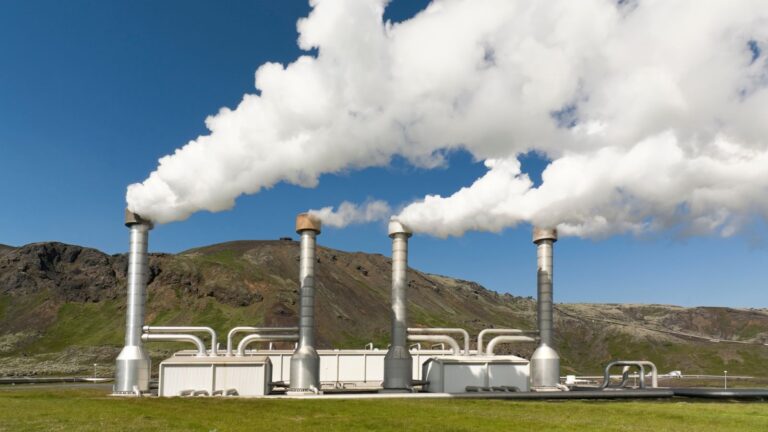Copper, lithium, and other minerals are going to be essential for the low-carbon energy transition. They will be used for building renewable energy such as solar panels and windfarms, power infrastructure like transmission lines, electric mobility, energy storage, and others.
Chile, Peru, and other Latin American countries, have been and will continue to be key players in these markets. Chile and Peru, together, produced about 40% of global copper in 2021, while Chile and Argentina were responsible for 28% of global lithium supply. Moreover, along with Australia, most of the world’s lithium reserves are concentrated in Argentina, Chile, and Mexico.
According to the International Energy Agency, global demand for lithium is projected to increase by 40 times and copper to double by 2040, relative to 2020 levels. What are the challenges that these countries are facing to keep supplying the world with lithium and copper? With global demand set to rise, what can we do to accelerate its sustainable extraction in these Latin American countries? How to mobilize investments in these countries to meet the rising demand for these minerals essential for the transition?
Please join the Center on Global Energy Policy for a student-only lunch and roundtable discussion with Juan Carlos Jobet, CGEP Distinguished Visiting Fellow and Chile’s former Minister of Energy and Mines. He will discuss the importance of copper and lithium production in Latin America and other topics relevant to the low-carbon energy transition. Following brief introductions, we will move into a conversation with Mr. Jobet, moderated by Tom Moerenhout, CGEP Research Scholar. Lunch will be provided.
Biography
Juan Carlos Jobet is Chile’s former Minister of Energy and Mining. He was recently appointed as Dean of the School of Business & Economics at Universidad Adolfo Ibáñez.
He led Chile’s successful energy transition, including a thorough carbon neutrality plan for the energy sector, a phase out plan for all coal power plants, the accelerated deployment of solar and wind capacity, the development of key transmission infrastructure, Chile’s first energy efficiency law, and an ambitious green hydrogen strategy to position Chile as a top global producer and exporter. In the mining sector, he developed Chile’s first comprehensive mining policy: a long-term strategy built with participation of all relevant stakeholders, that sets a vision for a sustainable, competitive and green mining.
He successfully managed several crises after the social unrest of October 2019 and during the pandemic. Both the energy and mining sectors operated without disruptions, jointly represented over 50% of Chile’s investment and played a key role in the economic recovery.
As energy minister, he played leadership roles in several international organizations and initiatives, including as chair of the Clean Energy Ministerial and Mission Innovation 2021, and as co-chair of the Carbon Pricing Leadership Coalition.
Throughout his career, he has held several positions in both the public and private sector. He was undersecretary of housing and minister of labor and social security during president Piñera’s first government. He has also worked as investment banker and in private equity. He has held several executive and board positions in industries including pension fund management, real estate, forestry, fin tech, infrastructure and waste management.
He holds an MBA and an MPA from Harvard University, and a bachelor in business and economics from the Catholic University of Chile. He is married and the proud father of three daughters.
—
Registration is required. This roundtable is open only to currently-enrolled Columbia University students. To register, you must sign in with your UNI.
This event will be hosted in person and capacity is limited. We ask that you register only if you can attend this event in its entirety.
For more information about the event, please contact [email protected].
Register








